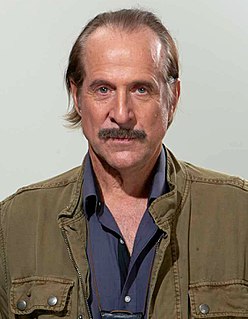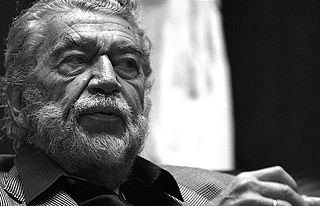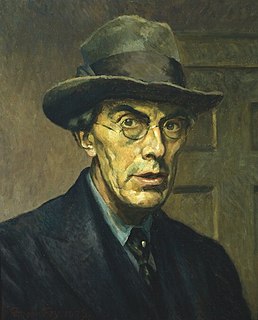A Quote by Virginia Woolf
Related Quotes
The point is, that the function of the novel seems to be changing; it has become an outpost of journalism; we read novels for information about areas of life we don't know - Nigeria, South Africa, the American army, a coal-mining village, coteries in Chelsea, etc. We read to find out what is going on. One novel in five hundred or a thousand has the quality a novel should have to make it a novel - the quality of philosophy.
The art of the novel, however, has fallen into such a state of stagnation - a lassitude acknowledged and discussed by the whole of critical opinion - that it is hard to imagine such an art can survive for long without some radical change. To many, the solution seems simple enough: such a change being impossible, the art of the novel is dying.
I read everything. I'll read a John Grisham novel, I'll sit and read a whole book of poems by Maya Angelou, or I'll just read some Mary Oliver - this is a book that was given to me for Christmas. No particular genre. And I read in French, and I read in German, and I read in English. I love to see how other people use language.
All art is at once surface and symbol. Those who go beneath the surface do so at their peril. Those who read the symbol do so at their peril. It is the spectator, and not life, that art really mirrors. Diversity of opinion about a work of art shows that the work is new, complex, and vital. When critics disagree, the artist is in accord with himself.
None the less, perhaps, the highest pleasure in art is identical with the highest pleasure inscientific theory. The emotion which accompanies the clear recognition of unity in a complex seems to be so similar in art and in science that it is difficult not to suppose that they are psychologically the same. It is, as it were, the final stage of both processes.































